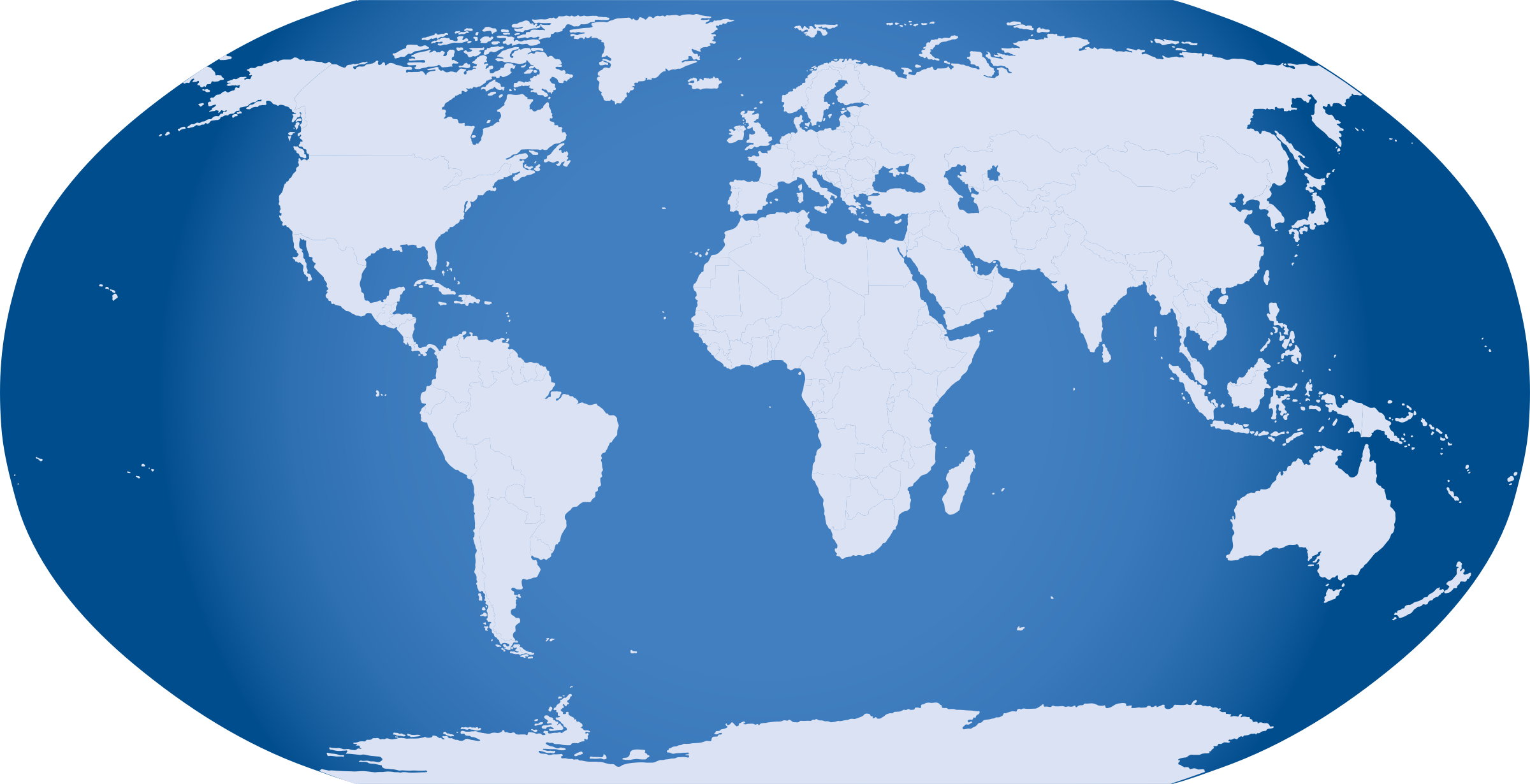The world stands at a critical juncture, where the perils of division and conflict often overshadow the promise of unity and peace. In the face of myriad global crises—from climate change to social injustice—one may ponder: How can humanity undergo the transformative shifts needed to foster a more harmonious existence? This conundrum compels us to turn our attention to the Bahá’í teachings, which espouse a vision for a fundamentally changed world grounded in principles of equity, justice, and collective responsibility.
At the very heart of Bahá’í philosophy lies the concept of unity. Unity, however, is not merely the absence of discord; it is an active, dynamic force requiring the concerted efforts of individuals and communities. The unity of mankind is the first principle that must be recognized if we are to embark on a journey toward massive, meaningful change. It transcends racial, national, and religious boundaries, advocating for a collective identity that embraces diversity as a source of strength rather than division.
The challenge here is profound. How do we foster this kind of unity in a world rife with discord? The first step is education—an education not solely of the intellect but of the heart. Bahá’í teachings emphasize the importance of moral and spiritual education, which cultivates virtues such as empathy, compassion, and integrity. When individuals are educated not just to accumulate knowledge but to develop their character, they become agents of change, capable of rising above prejudices that often divide humanity.
Moreover, this transformative educational paradigm must extend beyond formal institutions. Communities should be engaged in dialogue and action that incorporate the teachings of the Bahá’í Faith. This entails collaborative efforts in service, social action, and grassroots initiatives that address pressing local issues. For instance, promoting interfaith dialogue can break down barriers between communities, allowing for a greater understanding and appreciation of diverse perspectives.
Another pivotal aspect of Bahá’í teachings is the principle of justice, which is portrayed not merely as a legalistic concept but as a profound ethical imperative. Justice demands that we recognize and mitigate inequities that plague our societies. It calls for dismantling systemic structures that perpetuate oppression and fostering an environment where social and economic inequalities are addressed holistically. A world that is just is one that aligns closely with the overarching goal of unity—where all individuals have the opportunity to thrive regardless of their background.
However, addressing injustice poses its own array of challenges. The entrenched systems of power and privilege often resist change, leading to disillusionment amongst those striving for equity. Cultivating a culture of accountability within institutions and empowering voices that have traditionally been marginalized is essential. When individuals recognize their agency in combating injustice, they become catalysts for transformative change, capable of inspiring collective movements toward equity and fairness.
The Bahá’í teachings also emphasize the importance of consultation—both as a tool for decision-making and as a means to strengthen relationships within communities. This principle underscores the need for inclusivity and transparency in discussions that impact community life. Rather than seeking to win arguments, the act of consultation fosters a spirit of collaboration. By engaging diverse perspectives, it becomes possible to synthesize ideas and arrive at solutions that reflect the collective will, rather than the whims of a select few.
Now, the question arises: how can we practically implement these principles on a global scale? One avenue is through the fostering of global governance structures rooted in spiritual and ethical principles. The Bahá’í teachings advocate for a form of governance that transcends national interests, aiming to cultivate international mechanisms that prioritize the welfare of the entire human family. This could involve reimagining global institutions such as the United Nations, focusing on their potential to serve as platforms for collaborative action towards shared goals, such as sustainable development and peace-building.
Furthermore, the rise of technology presents unique opportunities and challenges. While digital communication has the potential to unite disparate voices, it can also exacerbate divisions. The Bahá’í approach encourages leveraging technology for the greater good, fostering online communities that champion justice and equitable outreach. By utilizing social media and other platforms to disseminate information and galvanize action, individuals can engage in a global conversation that prioritizes the values of compassion and unity.
Ultimately, the path to massive change necessitates a radical shift in consciousness—one that embraces the interconnectedness of all human beings. By weaving together education, justice, consultation, and technological innovation, humanity can begin to construct a framework for transformation that resonates deeply with Bahá’í principles. The call for change is not merely a lofty ideal; it is an imperative rooted in the core of our shared existence, demanding our collective response.
As we navigate the complexities of our time, we encounter a pivotal choice: will we remain passive observers amid systemic turmoil, or will we actively participate in redefining our world? The Bahá’í teachings lead us toward the latter, inviting us to embark on a collaborative journey where profound change is not just an aspiration but a tangible reality for generations to come.
